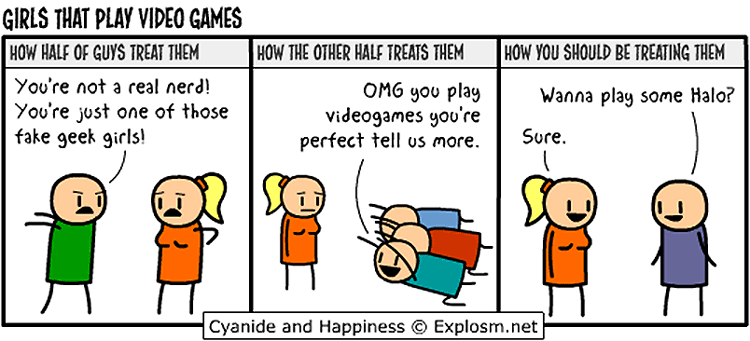Recollecting literacies
What is literacy? How do people learn literacies? Can literacy change? These questions have been rattling around my brain for the entire semester. Yes, we have explored the definition of literacy, how people learn, and how literacy changes, but I feel that my personal definition has not changed much.
At the beginning of the semester, everyone was asked what their definition of literacy is. I recall that my answer to literacy was a rehash of a streamlined textbook definition, involving the ability to read and write. Today, my opinion has changed slightly, to be that literacy is a process to learn something that can be carried into many other fields and use daily in all aspects of life.
Shortly after the start of the semester, we were presented with the idea that video games were a means of programming their minds to learn processes. The way that a person applies experience to other situations is what literacy is. A person learns that work and effort is paid in equal benefit, and they carry that process to school. That person then takes time and effort, and is generally rewarded with higher grades, recognition, or at least the ability to retain much more information.
On the other hand, people learn many literacies via their social surroundings. People who live in very religious families tend to learn a very different set of reward/punishment scales than someone who isn’t. If a child who is given a free ride from responsibility will generally be unable to take responsibility for themselves once they get to college, because they did not get the programming to do so.
Then, an important idea became apparent to me. The processes that people become programmed with, the way they are programmed, changes over time. Once upon a time, people learned from verbal studies. Lessons and ideas were transmitted and learned through songs. Children were not exclusively the only singers of song, even fairy tales were transmitted from adult to adult, and functioned as a way to time (as in setting a rhythm to work to) and occupy the minds of workers. Twenty years ago, songs were exclusive to younger children, and older kids or adults were taught by repetition. Today, everyone can get some sort of game to teach math, language, spacial awareness, or even learning music and art. How is it that one idea can have a solid “standard” definition when what that word means changes constantly, and is different from person to person?
That brings me to my final idea. What is the definition of literacy? Here, I have not strayed from my first post on the subject: I don’t know, and I don’t know that I will ever know what it is. The concept of literacy is a thousand shades of gray in a black and white scale. It is an idea that is completely invincible to standardization. I hope that I will always have this ambiguous idea of literacy, and I hope that more of the world will come to see this idea from my point of view.



 Website:
Website: